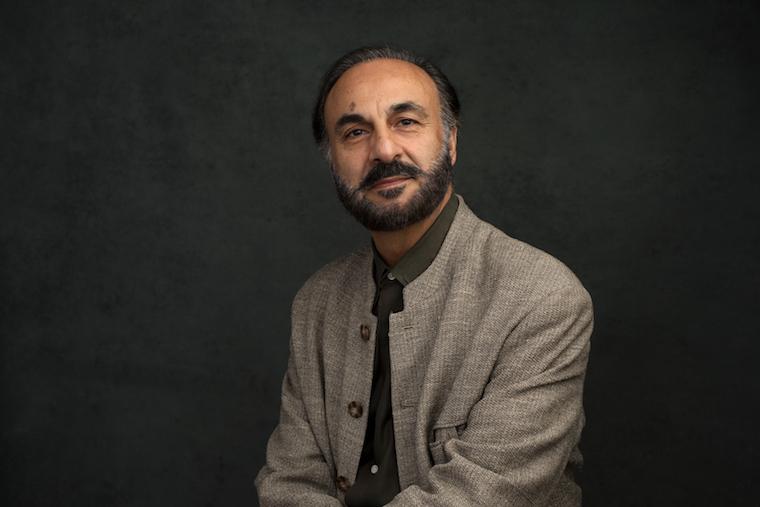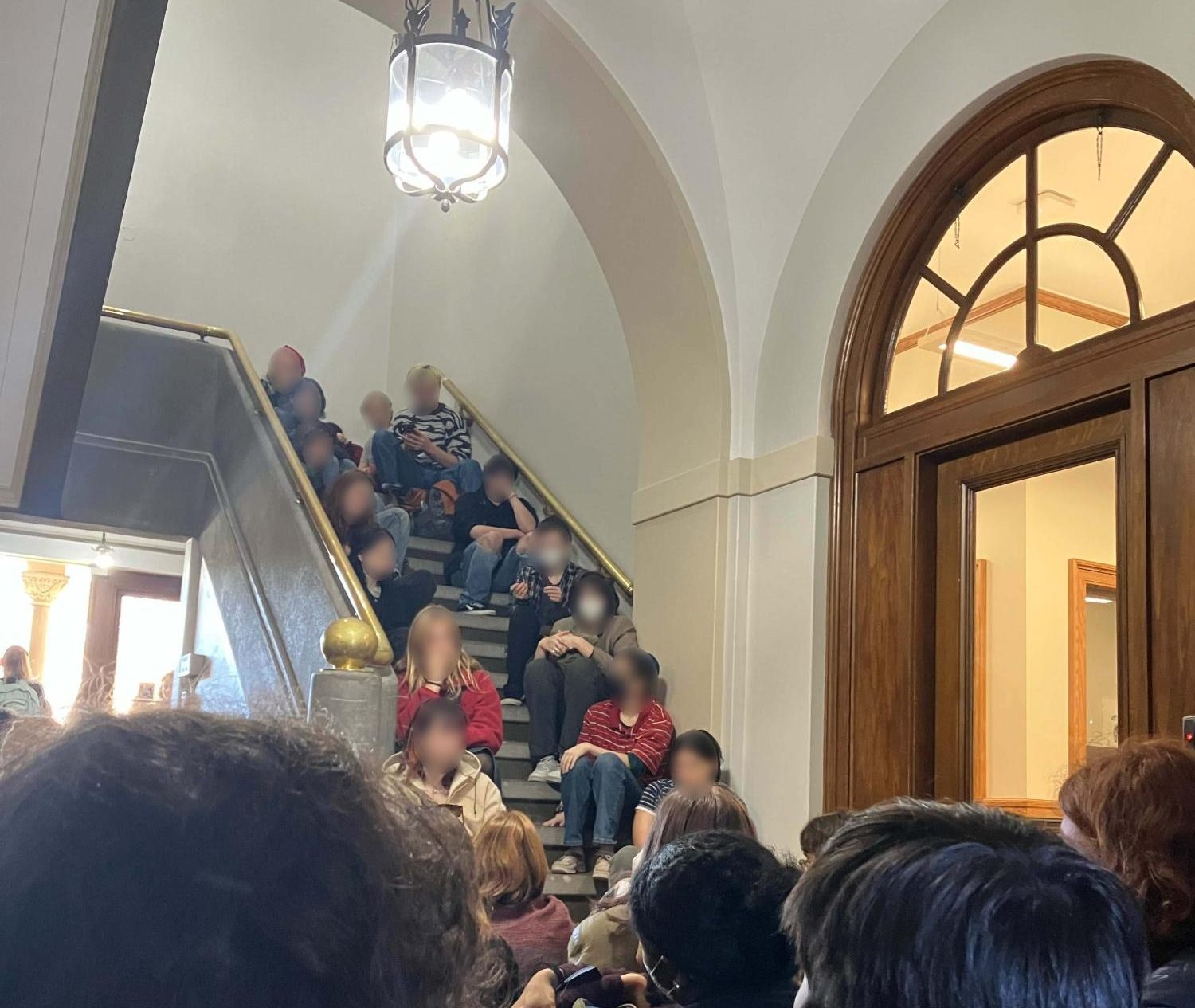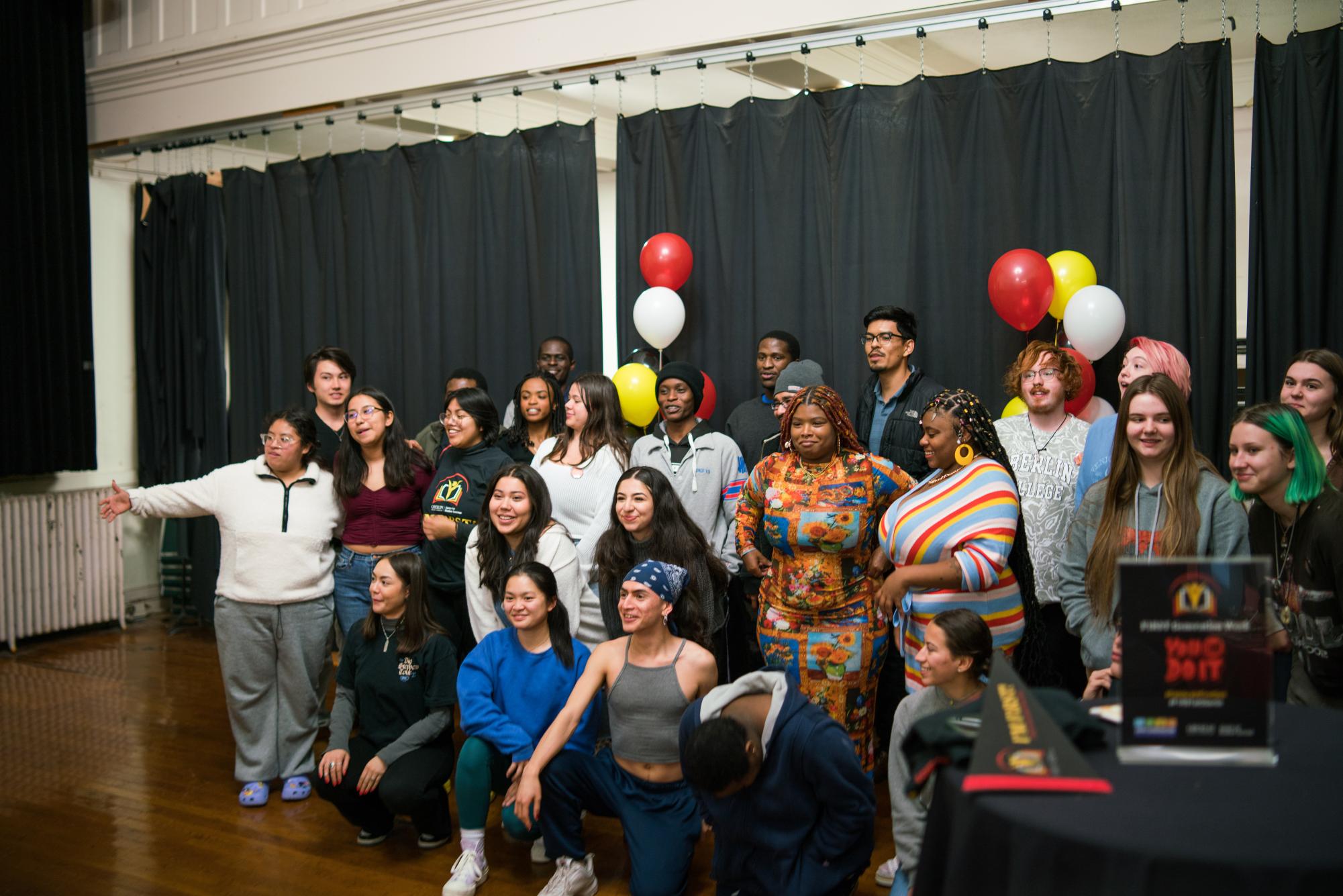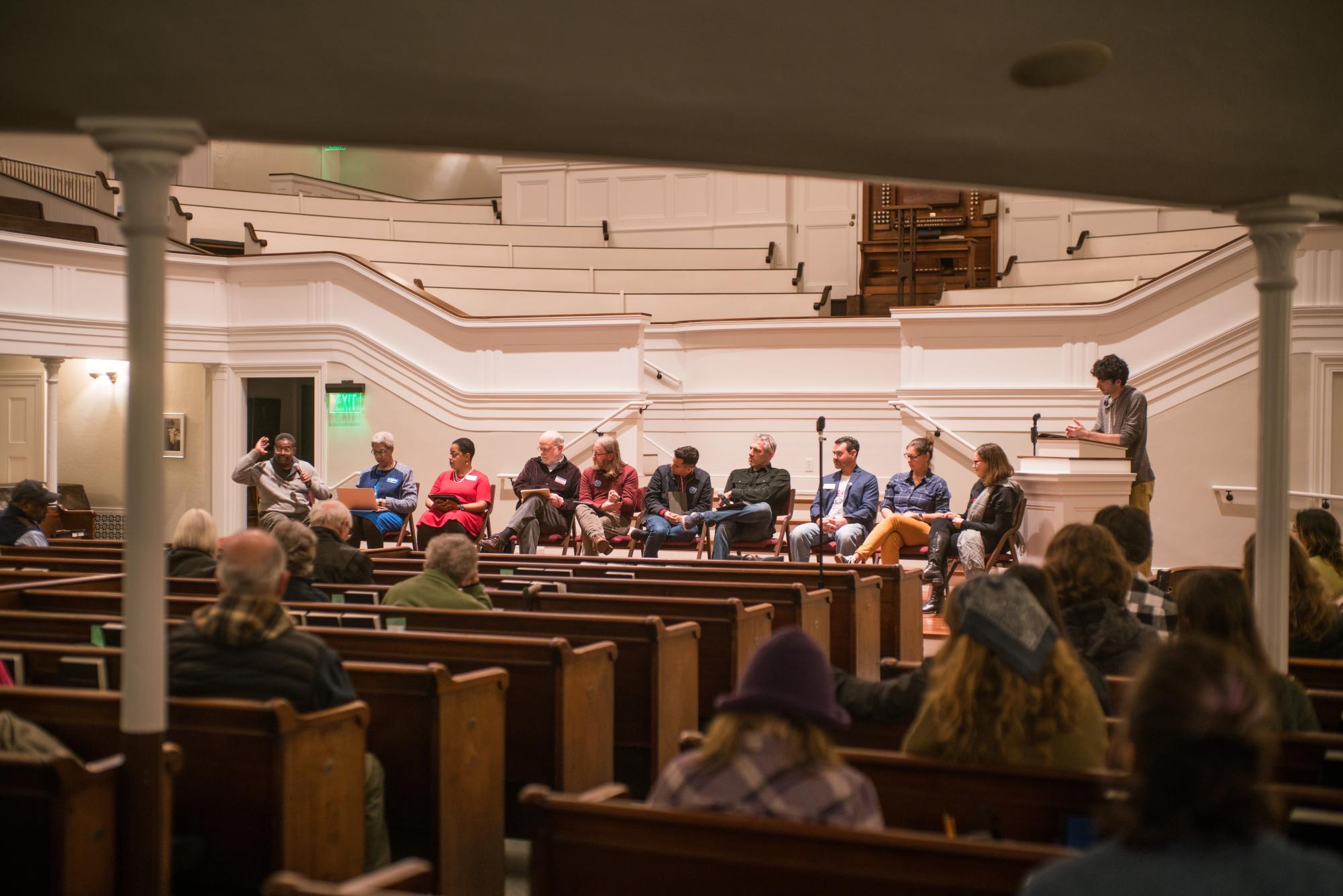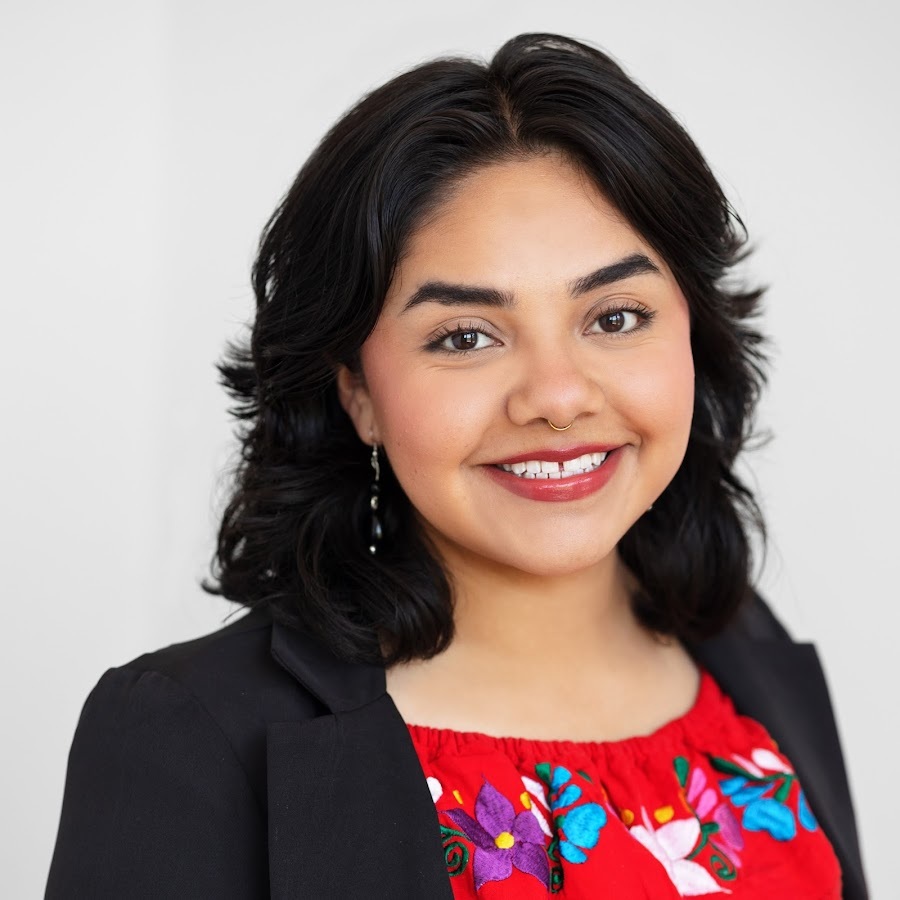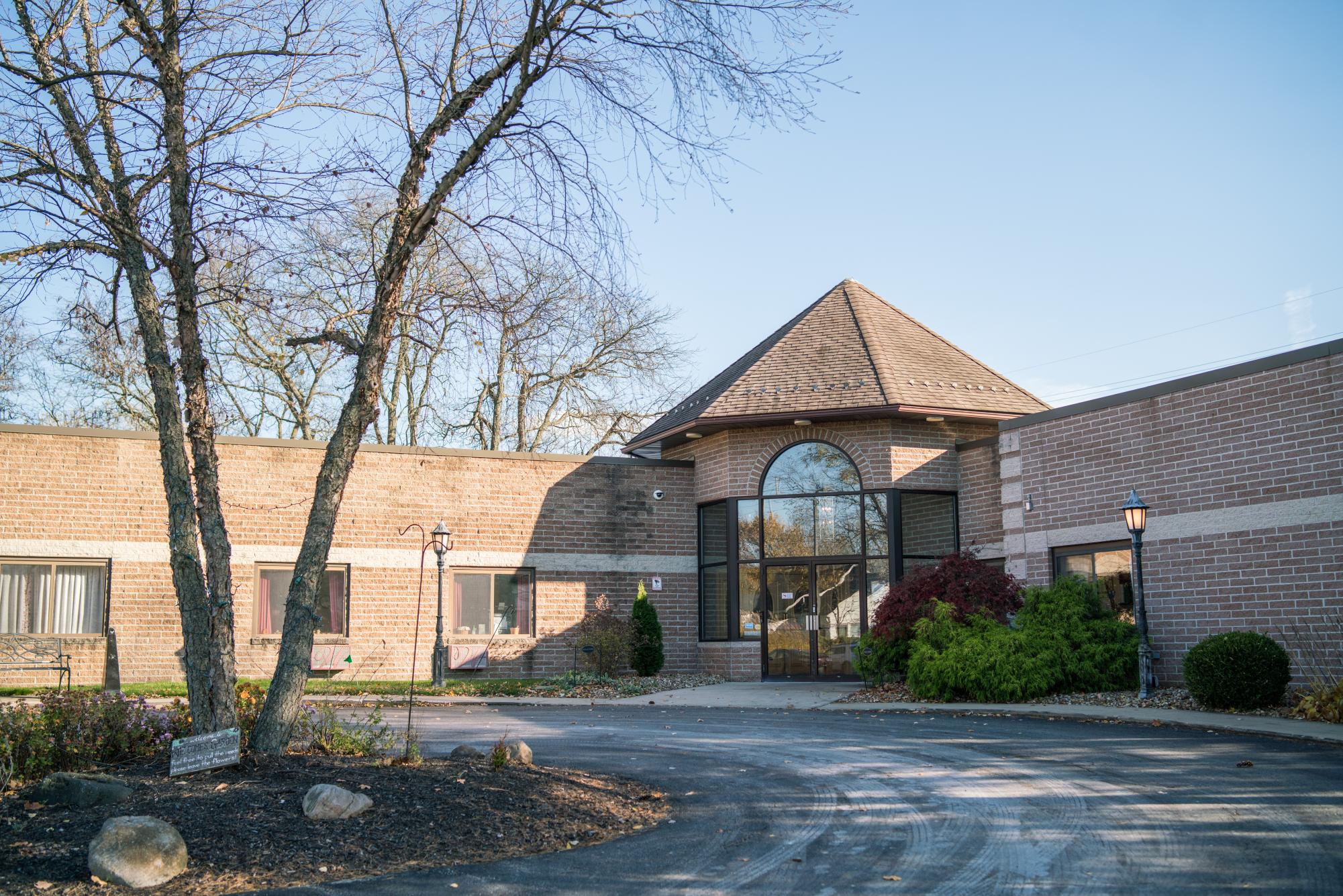Religion Professor Accused of Anti-Semitic, Anti-Baha’i Sentiment
Professor of Religion and Nancy Schrom Dye Chair of Middle East and North African Studies Mohammad Jafar Mahallati.
Last October, an Oberlin faculty member denied allegations that he helped cover up Iran’s mass killing of political prisoners in 1988 when he served as Iran’s ambassador to the U.N. In the months since, Professor of Religion and Nancy Schrom Dye Chair in Middle East and North African Studies Mohammad Jafar Mahallati has been further accused of making anti-Semitic and anti-Baha’i comments in the 1980s.
The Baha’i community is the largest minority religion in Iran, although the Iranian regime does not officially recognize the Baha’i Faith. In 1983, 22 Baha’is were given the death sentence for practicing their faith. These sentences and the continuing persecution of the Baha’is in Iran were discussed at the 1983 U.N. Commission on Human Rights, at which Mahallati was the Iranian representative. According to the U.N. report on the 1983 commission, while representatives from various nations and human rights organizations discussed the gravity of the situation, Mahallati denied the allegations and accused the Baha’is of terrorism in Iran.
“As his country had already had the opportunity of explaining, reports of arbitrary executions in Iran were complete fabrications and had been submitted to the United Nations by those very organizations which instigated terrorism in his country,” the report states.
Mahallati also erroneously compared the activities of the Baha’is to acts of immorality, sexual abuse, and murder; then he questioned why, in Europe and the U.S., such acts were punishable by execution, while Iran was held to different standards regarding the Baha’is.
“It would also be interesting to know why the European Parliament had the right to restrain the activities of the followers of certain sects and, for example, to prevent sexual abuses committed by those sects whereas his country was required to tolerate all immoral behaviour or sexual abuse, sometimes advisable according to groups such as the Baha’is, why some countries such as the United States had the right to execute murderers, while his country could not punish terrorists who burned schoolchildren and, finally, what was the definition of religion and in what way a religion differed from a sect,” the report read.
At a different meeting during the same commission, Mahallati claimed that the Baha’is’ allegations of human rights abuses against the Iranian regime were the community’s attempt to “wage a propaganda campaign” against Iran.
Since October, Mahallati has also been accused of anti-Semitism in Fox News and The Jerusalem Post for his statements in support of Palestine during his time as ambassador.
“Palestine is an Islamic territory, and Islamic heritage, and it remains an Islamic point of identity,” Mahallati said in a statement to the UN on Feb. 14, 1989. “The land of Palestine is the platform of the ascension of the Prophet Mohammad; its significance is that it contains the first Qibla direction — towards which Muslims prayed. Its occupation by Zionist usurpers is a transgression against all Muslims of the world and its liberation is therefore a great religious obligation and commitment.”
The College is aware of the allegations and is taking steps to address them, according to Chief of Staff David Hertz.
“We’ve been in touch with Professor Mahallati,” Hertz said. “We’re concerned whenever anyone raises allegations of this nature about a member of faculty. We want to support our faculty, but we also want to consider the allegations themselves. That is the basis on which we’ve been in touch with Professor Mahallati. We are looking forward to his addressing these issues. He’s taking steps to defend his reputation.”
Hertz affirmed that protecting the campus community from anti-Semitism is very important to the College.
“23 percent of our students identify as being Jewish,” Hertz said. “Jewish life is important to Oberlin, and we’re proud of the quality of Jewish life on campus. When you get allegations such as this, we take it seriously.”
Hertz said he has reached out to representatives of the Jewish community on campus about the allegations. However, no one from the College has reached out to the Baha’i students or faculty on campus to provide support.
“I’ve personally been in touch with Professor Chapman, the head of the Jewish Studies department,” Hertz said. “I’ve been in touch with Rabbi Megan and also with Rabbi Shlomo to tell them that we’re looking into this, that we take this seriously. … These are allegations based upon statements that were made 30 years ago, and so there’s an awful lot to consider in that regard, but we’re looking into it. I asked Professor Chapman and Rabbi Megan and Rabbi Shlomo if they had heard from students who were concerned or upset about this. They said there may be concern, but it did not appear to be widespread. So there may be, but I’m not aware of students who have approached anyone to say that this has been a source of stress.”
Lawdan Bazargan, an activist whose brother was killed in the 1988 massacre, wrote to President Carmen Twillie Ambar last October calling for the College to fire Mahallati. She accused Mahallati of lying to the U.N. about the ongoing human rights violations in Iran, preventing the international community from responding and thereby enabling the country to continue committing atrocities.
According to Bazargan, the College has yet to respond to messages from her and from other activists and organizations about Mahallati’s past.
“They are refusing to answer us,” Bazargan said. “They’re keeping it under wraps — and they blocked us on Twitter. President Ambar blocked us, which is very shameful, and she even blocked all kinds of human rights lawyers and everybody who was mentioning Oberlin.”
Bazargan believes that the 30 years of history between Mahallati’s comments and today don’t signify a change in character or belief.
“My answer to you is people don’t change — he’s an ideologue,” Bazargan said. “He still travels through Iran, he’s connected to all kinds of people in the highest part of the regime. As the report of Amnesty International said, people who actively contribute to the situation of secrecy, and not talk about the truth — because as you know, they never gave us the bodies of our loved ones, they … put them into the mass graves and never said where they are — so the people that hide all of these facts, … they are considered criminal and as the words from Amnesty International report says, ‘they have blood on their hands.’”
In an Aug. 20, 2018 interview on Dialogue Podcast, Mahallati discussed his time as the U.N. representative and the work he did to defend the Iranian regime against the accusations of human rights violations brought forth against it in the 1980s.
“This is the meaning of diplomacy,” Mahallati said of his efforts to defend Iran. “In fact, diplomacy is about looking for solutions that help a country achieve its goals at the lowest cost; otherwise, one can always chant slogans and impose tremendous costs on a country.”
Last fall, Mahallati denied that he had any knowledge of Iran’s human rights abuses during his time as ambassador.
“I categorically deny any knowledge and therefore responsibility regarding mass executions in Iran when I was serving at the United Nations,” he wrote in an Oct. 9 statement to the Review. “I was in New York the entire summer of 1988, focusing on peacemaking between Iran and Iraq, and I did not receive any briefing regarding executions.”
Mahallati also wrote about his efforts to end the Iran-Iraq war during the 1980s.
“My accusers overlook these well-documented peacemaking efforts and the fact that I risked my ambassadorial position for that purpose,” Mahallati wrote. “For more than three decades since, I have dedicated my life to researching, teaching, and writing about peace and friendship. All my scholarly and artistic works in English, Persian, and Arabic focus on international and interpersonal peace and friendship.”
At the College, Mahallati is known for his community-building efforts and his focus on friendship and amity. To Bazargan, whose brother was killed by the Iranian regime for being a political dissident, these activities are in direct contrast with Mahallati’s silence and alleged complicity in the Iranian regime’s mass murder of political prisoners.
“He doesn’t have to actually keep his noose on the neck of my brother to be actively involved,” she said. “Just the fact that for the past 30 years, he never spoke about this atrocity, he never gave us what he knows about it makes him an accomplice, on top of the fact that for the past 20 years, his argument in the United States and in all his lectures, all the books he published is about peace and friendship. If you have to do all of that while you were quiet for 30 years about this atrocity, why [now are you] hiding yourself from us, you don’t interact with us and enter into a conversation?”
Mahallati did not respond to a request for comment. He is currently on a sabbatical unrelated to the allegations against him.


